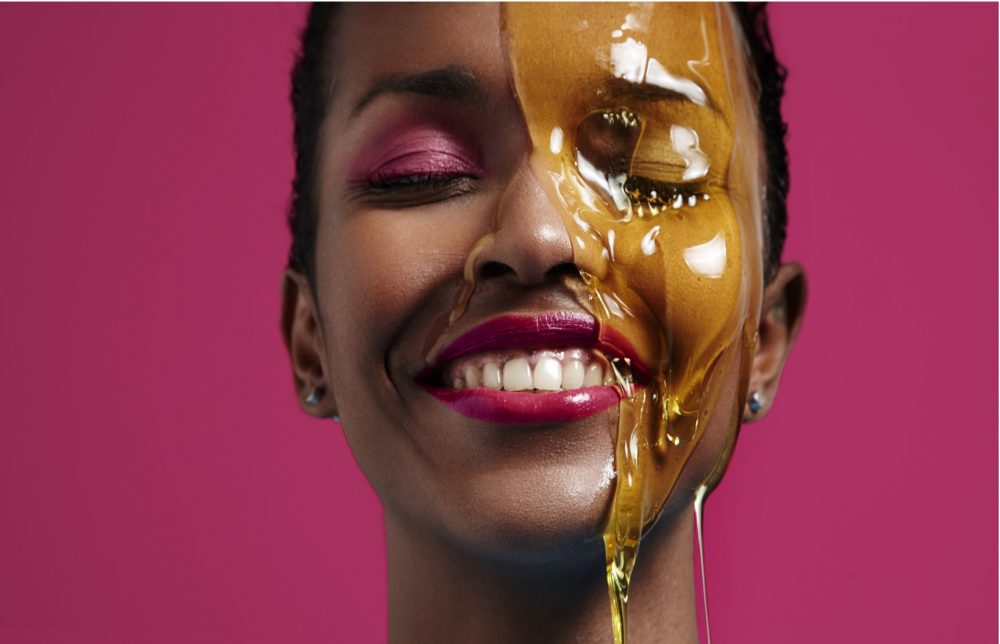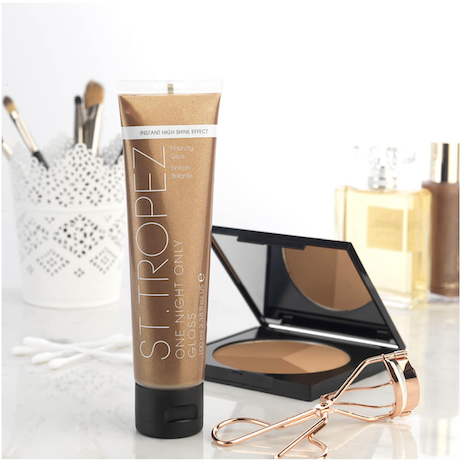5 Skincare Myths, BUSTED

There are a lot of opinions out there. It’s hard to know who to believe, and it’s even harder to wade through the mire of everyone’s super helpful advice to find anything even worth fact-checking. There are beauty bloggers and vloggers; there are friends and friends-of-friends who “have used x forever–you should try it!” There are mothers and grandmothers who stopped thinking of skincare after Pond’s Cold Cream arrived on their bedside tables; there are people who pride themselves on being aware of All Things Skincare, whether they really know what they’re talking about or not. So here, take from this what you will, and I will do my best to cut through the fog, rather than add to the noise.
Myth #1: All Exfoliants Are Created Equal

Nope. Nope nope nope. There’s a certain well-known drugstore scrub that people adore. It feels amazing, like you’re really getting all the gunk off your skin. But guess what? The way they’ve formulated the grit in it is actually harmful to skin. (In fact, this line just recently got sued for that very reason.) I use them as an example, because so many people still recommend them. Are there great scrubs out there at any price point? Of course. Are there great enzyme exfoliants out there at any price point? Of course. But just as the moisturizer you use should depend on your skin type, condition, and goals, so should your exfoliator. Put more thought into how your skin works best, which exfoliant types are kindest to it and most effective for its health and care.
Myth #2: Oily Skin Doesn’t Need Oil

Actually, all skin needs oil. All skin is also different. Think of your daily diet and the daily diet of Hulk Hogan. You both need calories to be healthy — you both need proteins and carbs, you both need minerals and vitamins. You just need different amounts, and perhaps even different sources for all these nutrients. Skincare is very similar to that idea. I, as an oily-skinned person, need different oils and in different amounts than you, a dry-skinned person. There is certainly a place in skincare for oil-free products, but don’t get hung up on that idea if you lean toward a–ahem–“natural glow.” Focus instead on figuring out which oils work for your skin and where it’s a better fit to go without oil in your products.
Myth #3: Silicone is Bad
![]()
Silicone is not one ingredient, first off, but a family of ingredients derived from silica. Second, though products that contain silicones often feel thick — almost velvety — this family of ingredients is fascinating for the fact that the silicones in beauty products are both protective and breathable. They allow for absorption of other ingredients in your product (example shown here is Dermalogica Barrier Repair, a water-less moisturizer for extremely inflammatory skin types), but prevent the penetration of harmful environmental aggressors or irritants. A word of caution, though: like many things in life, the texture of products that contain silicones may be an acquired taste for you.
Myth #4: Deeper Skin Tones Don’t Need Sunscreen

Oh, goodness, everyone needs sunscreen. Do you have skin? Great. It needs protecting. More melanin in skin does translate to a slightly higher tolerance for the sun’s rays, so if you have a richer complexion, you may not burn as quickly as someone with a fairer one, but all skin can burn from prolonged UV exposure, and all skin can get cancer. Please, if you spend any amount of time outside (yes, your D.C.-style commute of 30 minutes+ counts), be prepared and protect your skin! Your 90-year-old self will thank you.
Myth #5: “Hypoallergenic” or “All Natural” Products Won’t Irritate Skin

If your skin reacts to everything, you should see an allergist and a dermatologist before purchasing your skincare. “Hypoallergenic” simply means that the product is less likely to cause an allergic reaction on most skin types. “All Natural” means…well, whatever a brand can finagle it to mean, because no one regulates that phrase. What it comes down to is that you need to figure out what individual ingredients bother your skin, and the ones to which ones your skin responds well. I could give you the wonderful Maya Chia Supercritical Omega-3 Chia Face Oil (which I love), which has two ingredients listed: 98% chia seed oil and 2% essential oils…but if you’re allergic to chia seeds, your face will freak out. The efficacy of a product for your individual skin isn’t always tied to its hypoallergenic or natural properties.






1 Comment
Great post, Elizabeth, and very informative.